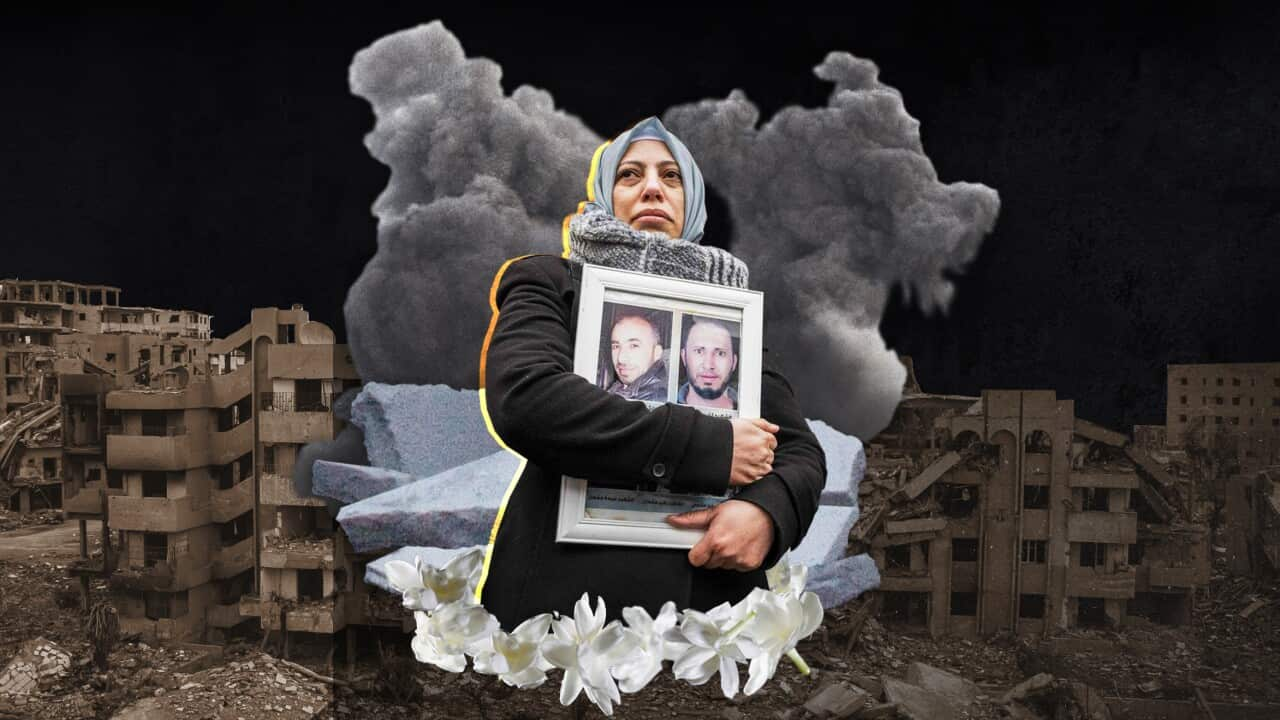Key Points
- Israel's government says it plans to double its population in the occupied Golan Heights.
- Syria's de facto leader says Israel is conducting attacks on Syrian territory under false security pretexts.
- Israel's occupation of the Golan Heights is considered illegal under international law.
Israel's government has agreed to double its population on the occupied Golan Heights while saying threats from Syria remain, despite the moderate tone of a week ago.
"Strengthening the Golan is strengthening the State of Israel, and it is especially important at this time. We will continue to hold onto it, cause it to blossom and settle in it," Israeli Prime Minister Benjamin Netanyahu said in a statement.
Israel invaded and occupied most of the strategic plateau from Syria in the 1967 six-day war, annexing it in 1981.
In 2019, then-president Donald Trump declared US support for Israeli sovereignty over the Golan, but the annexation has not been recognised by most countries and is considered illegal under international law.
"The immediate risks to the country have not disappeared, and the latest developments in Syria increase the strength of the threat — despite the moderate image that the rebel leaders claim to present," Israeli defence minister Israel Katz told officials examining the country's defence budget, according to a statement.
Netanyahu's office said the government unanimously approved a more than 40 million shekel ($17 million) plan to encourage demographic growth through illegal settlements in the Golan.
It said Netanyahu submitted the plan to the government "in light of the war and the new front facing Syria, and out of a desire to double the population of the Golan".

US president-elect Donald Trump established himself as a staunch ally of Israel in his first term. Source: Getty
The Golan is home to 24,000 Druze, an Arab minority who practice an offshoot of Islam, Levine said. Most identify as Syrian.
Syria's de facto leader Ahmad al-Sharaa said on Saturday Israel was using false pretexts to justify its attacks on Syria but that he was not interested in engaging in new conflicts as his country focuses on rebuilding.
Sharaa — better known as Abu Mohammed al-Jolani — leads the Islamist Hayat Tahrir al-Sham (HTS) group that swept Assad from power last Sunday, ending the family's five-decade rule.
Since then, Israeli forces have moved into a demilitarised zone inside Syria that was created after the 1973 Arab-Israeli war, including the Syrian side of the strategic Mount Hermon that overlooks Damascus, where its forces took over an abandoned Syrian military post.
Israel — which has said that it does not intend to stay there and calls the invasion into Syrian territory a limited and temporary measure to ensure border security — has also carried out hundreds of strikes on Syria's strategic weapons stockpiles.
It has said it is destroying strategic weapons and military infrastructure to prevent them from being used by rebel groups that drove Assad from power.



